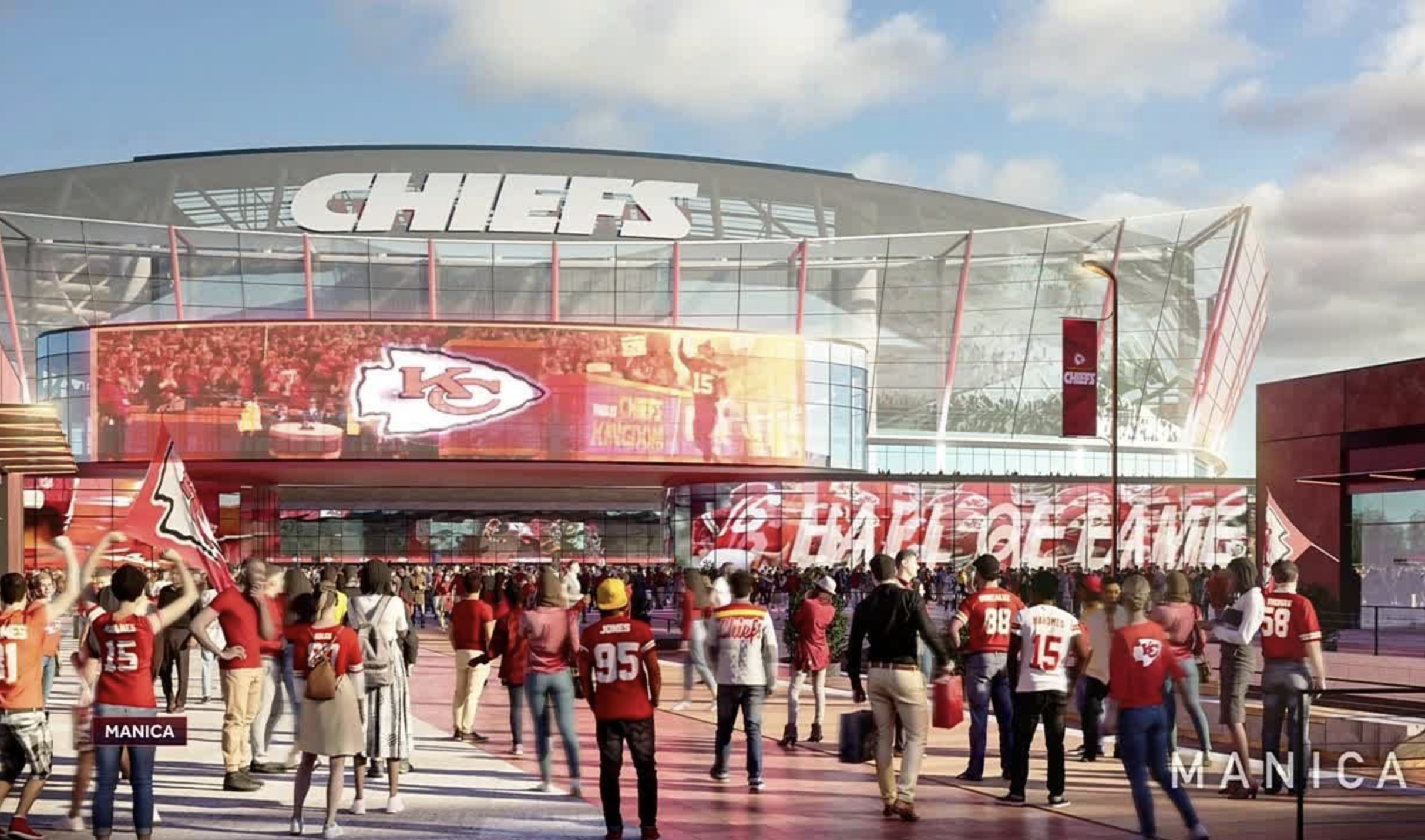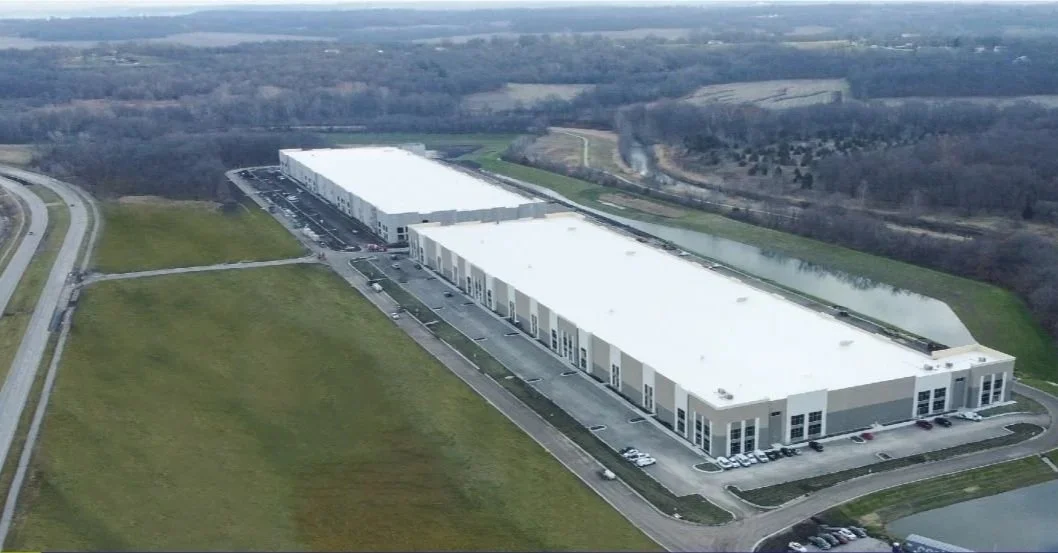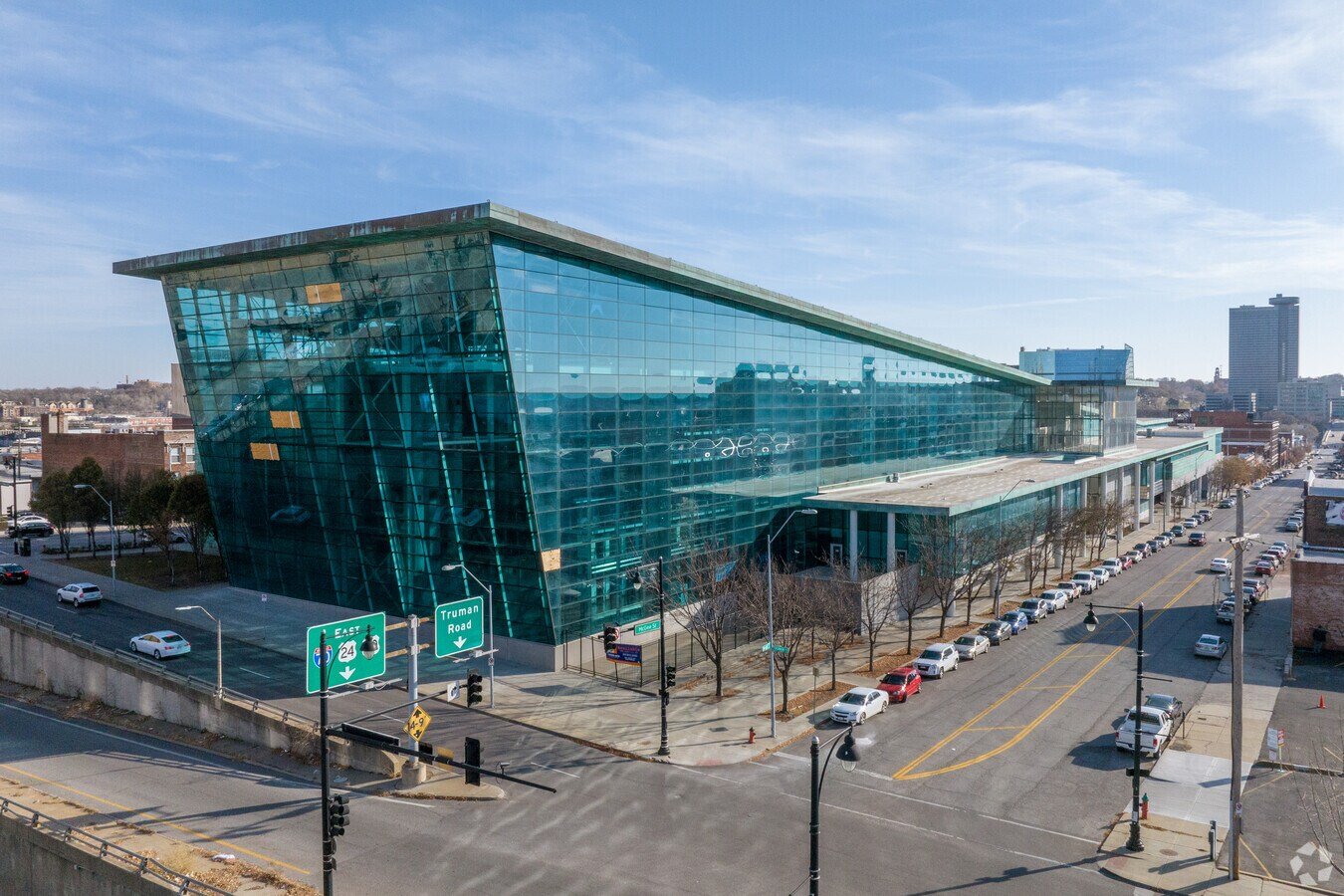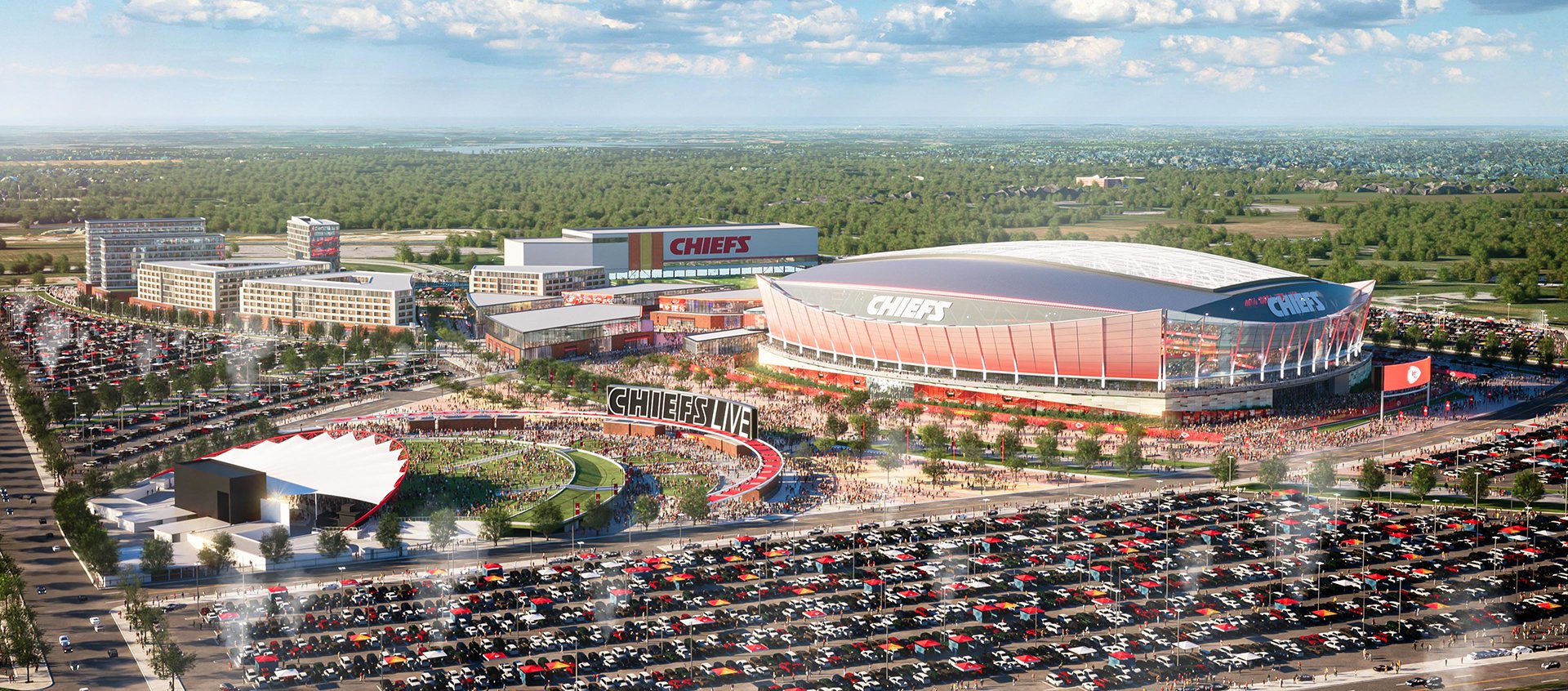Lee’s Summit Medical Center’s bariatric program has recently moved from an off-campus location to the new 52,000-SF, three-story medical office building on the Lee’s Summit Medical Center campus.
The $17 million state-of-the-art building was completed in summer 2020 and included project partners Turner Construction, HCP Medical Office Properties, Bremner Real Estate, ACI Boland Architects and Hereford-Dooley Architects.
The change will give the bariatrics program a larger, updated space with more capabilities to treat patients.
“We are pleased that Lee’s Summit Medical Center is expanding the level of quality care for the residents of Lee’s Summit and surrounding communities,” said Rick McDowell, Lee’s Summit Economic Development Council president and CEO.
Lee’s Summit Medical Center’s bariatric program has six providers who perform various types of surgical and non-surgical procedures.
“Access to healthcare is a significant contributor to the quality of life in our community and we are fortunate to have tremendous health resources in Lee’s Summit,” McDowell said.
Bariatric treatment can greatly reduce the risk of developing chronic conditions such as sleep apnea, type 2 diabetes, high blood pressure, heart disease and stroke, according to Dr. John Tann, one of the bariatric surgeons at Lee’s Summit Medical Center. In some cases, such as high blood pressure or type 2 diabetes, bariatric treatment has even been shown to cure certain conditions.
“My passion is to treat patients with metabolic disease and the main side effect we see from that is excess weight. I have many tools to use that will help patients reach their goals of leading a healthier lifestyle from diet modifications, nutritional support, medication and minimally invasive procedures and surgery. Lee’s Summit Medical Center gives us access to the latest in technology and resources,” said Dr. Tann.
According to Lee’s Summit Medical Center, the need for bariatric services is growing - especially after seeing how bariatric conditions were disproportionately negatively impacted by COVID-19.
The bariatric and metabolic suite is one of the many specialty services Lee’s Summit Medical Center provides. Other specialty physician services include:
Midwest Heart and Vascular Specialists
KC Vascular and General Surgery
Kansas City Gastroenterology & Hepatology
Kansas City Neurology Associates
Colorectal Surgery Associates
Neuroscience Institute at Lee’s Summit






